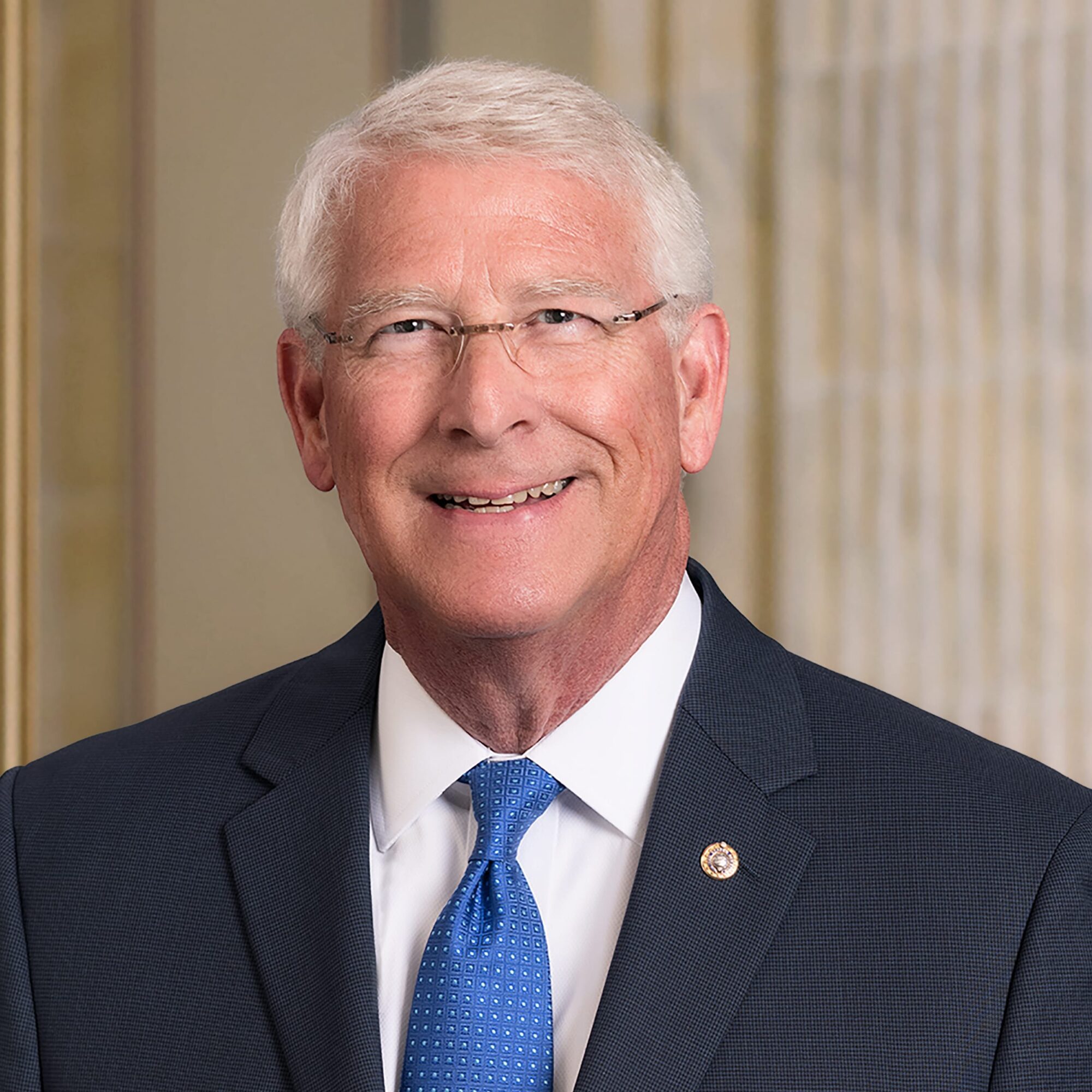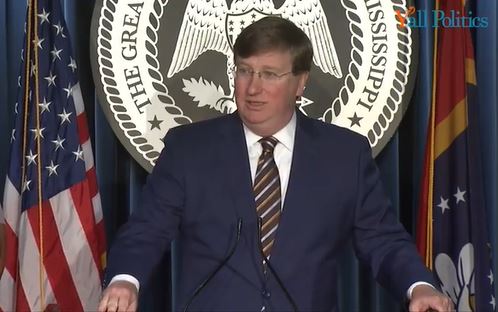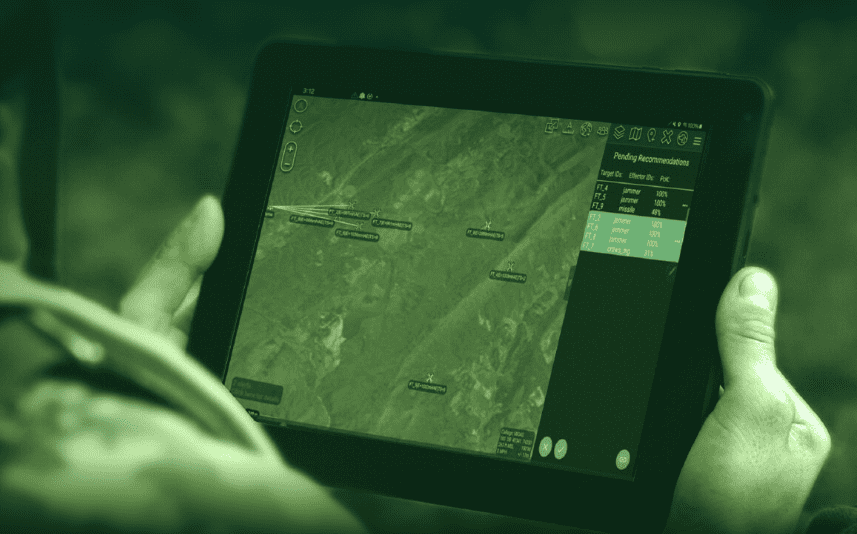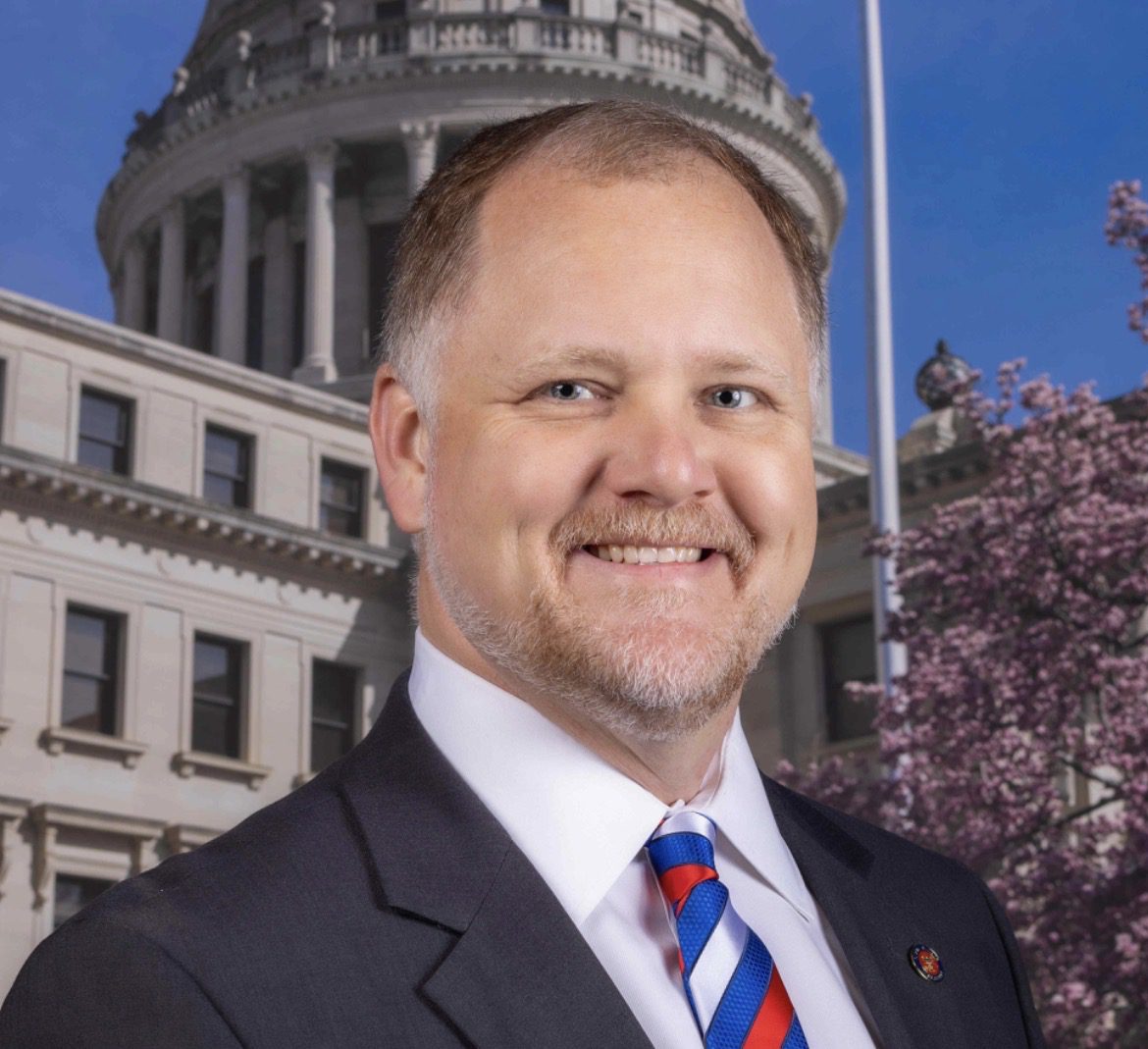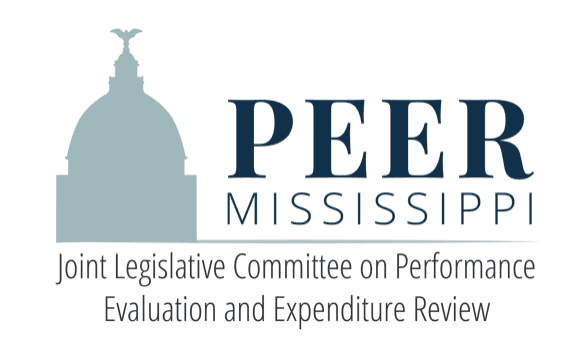
The Mississippi Legislative PEER Committee has released its Mississippi Telework Policies in the wake of the COVID-19 pandemic.
The report came about after the beginning of the COVID-19 pandemic. Mississippi joined many other states in uncertainties on how government, non-profit, business and health services would continue in the current climate.
During that time, Governor Tate Reeves issues executive orders to allow state agencies to continue services without necessarily having employees physically report to work. This caused many of those agencies and institutions to implement telework availability.
Telework is described as work during paid work hours that can be done from a different site other than the physical work site.
The report found that telework allows an employee to perform their work duties during paid work hours an an alternative work site, most typically their home. It showed that Mississippi was able to effectively find and implement solutions to the problem of services being provided through telework. The report went in depth reviewing those policies.
Some of the Committee’s major findings include:
- Mississippi currently does not have a statutory telework policy. Prior to the COVID-19 pandemic, telework, if used at all in Mississippi, was authorized by individual agency directors without specific guidance from any source.
- Following Governor Tate Reeves’ March 2020 declaration of the COVID-19 state of emergency, the Mississippi State Personnel Board (MSPB) provided telework policy guidance for employees in state agencies.
- PEER surveyed all state agencies, as well as universities and community colleges, in June 2021 to determine whether the entities implemented telework policies to address working conditions during the COVID-19 pandemic. The survey determined that:
-
- 28 state agencies had formal telework policies, while 62 did not;
- 4 universities had formal telework policies, while 5 did not; and,
- 4 community colleges had formal telework policies, while 11 did not.
- In reviewing telework survey results from state agencies, PEER observed the following agencies whose telework policies included significant accountability attributes: Mississippi Department of Education, Mississippi State Department of Health; Public Employees’ Retirement System; and the Secretary of State’s office.
- In order to determine agencies’ compliance with their telework policies and assess how the agencies addressed service delivery, in June PEER staff conducted unannounced field tests of eight state agencies in the Jackson metro area. Some agencies had their doors locked and were not accessible to the general public, while others were either completely open to the public or partially open at the discretion of local staff.
- PEER recommends that the Legislature consider amending MISS. CODE ANN. § 25-1-98 to authorize telework for:
-
- providing services in a declared emergency;
- allowing persons with verified medical conditions to telework; and,
- permitting telework in cases where access to the worksite may be unsafe.
PEER also highlighted some agencies that had exemplary telework policies with appropriate accountability. Those included the Secretary of State’s office, Mississippi Department of Education, Public Employees’ Retirement System and the Mississippi State Department of Health.
They also outlined what the critical elements of an effective telework policy should look like. PEER reported that in order to craft a uniform policy there should be guidance as to when telework is appropriate and when it is not and what conditions of telework should be allowed and that there is no general “right to telework.”
They recommended that a telework policy should set out procedures under which managers can ensure high quality work is being done, on schedule and establish essential requirements to protect confidentiality of the work.
Lastly, the instructed that it should ensure that agencies accomplish the provision of services to the public effectively in cases where contact with the service population is absolutely necessary.
You can read the full report below:
PEER telework report by yallpolitics on Scribd





